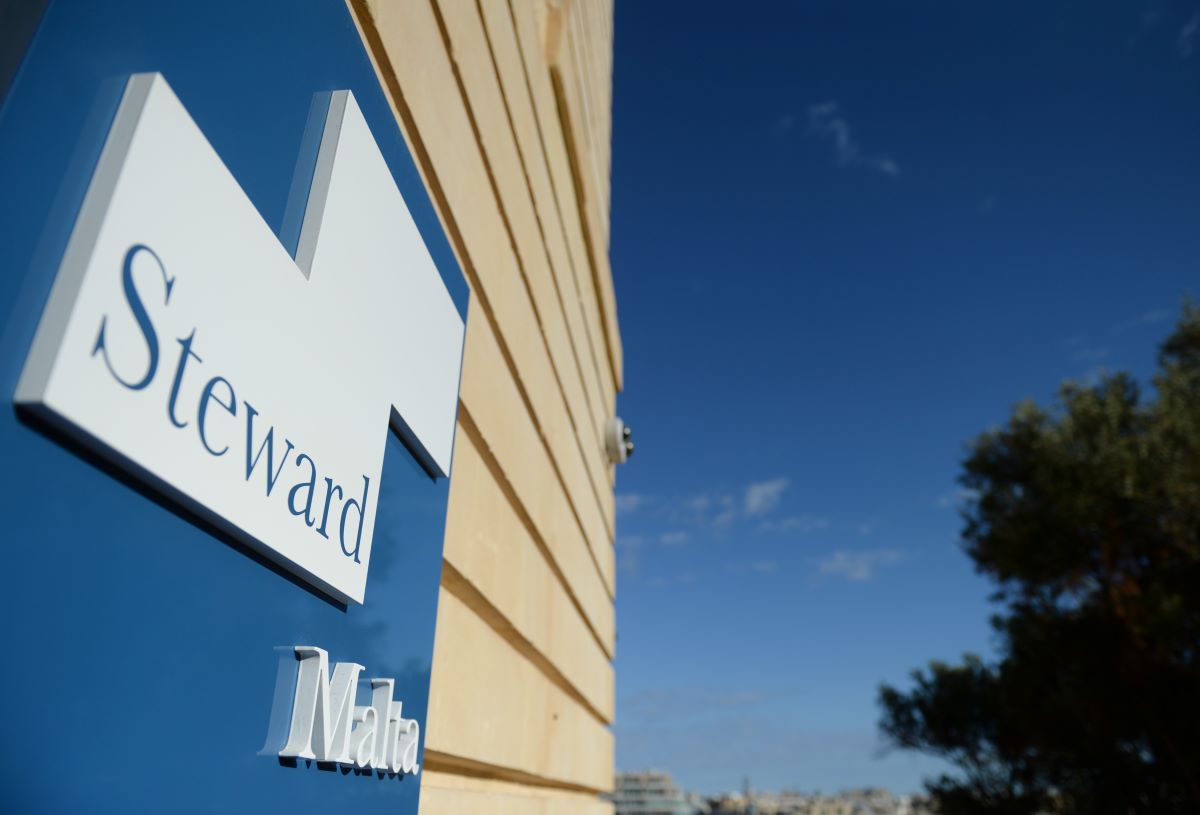A fresh round of protectionist trade measures announced by US President Donald Trump has sent shockwaves through European capitals – and Malta is not immune to the repercussions.
While the island’s direct exposure to the US market is limited in size, the nature of its exports and its role within the European Union make it vulnerable to the broader economic fallout.
Economist Stephanie Fabri says the 20 per cent tariff on EU imports to the US – if implemented – could create both direct and indirect challenges for Malta’s economy. In her words, “The primary concern for Malta lies in the manufacturing sector, particularly those companies that are part of global value chains.”
Electronics and pharma in the crosshairs
Dr Fabri explains that although Malta’s total export volume to the US remains relatively small – totalling $224.18 million in 2024 according to COMTRADE data – the composition of those exports is highly sensitive to tariffs.
“Malta’s exports to the US are dominated by electronics and semiconductors. A 20 per cent tariff could significantly impact the price competitiveness of these products in the American market,” she warns. Pharmaceutical products could be similarly affected if they are caught in the crossfire of tariff schedules.
She adds that manufacturing firms based in Malta but operating as part of European multinationals might also suffer knock-on effects. These companies, she notes, “are deeply embedded in international supply chains, and tariffs could disrupt these flows, making planning and delivery more complex and costly.”
Broader economic resilience, but not immune
Despite these sector-specific risks, Dr Fabri believes the overall economic impact on Malta may be contained, thanks in part to the country’s diversified economic base. “The Maltese economy is quite resilient due to its diversification into services such as iGaming, financial services, and tourism,” she says.
Nonetheless, she cautions against complacency. “Even if the direct exposure is limited, the secondary effects – such as reduced investor confidence or slower European economic growth – can have serious implications,” Dr Fabri explains. In particular, she notes that “foreign direct investment could take a hit if trade tensions persist or escalate.”
iGaming could rethink US expansion
There might be a silver lining for some sectors. For instance, iGaming firms that had been eyeing US expansion may now find the European market more attractive in light of Trump’s protectionist stance.
Dr Fabri says this could indirectly benefit Malta’s digital economy. “If US market entry becomes more complicated or costly, we could see companies consolidate their operations in Europe, where Malta is already a strong jurisdiction,” she points out.
A wider storm on the horizon?
While the direct tariff costs are clear, Dr Fabri urges businesses to prepare for a more unpredictable global environment. “What concerns me most is not just the tariffs themselves, but the mindset behind them,” she says. “Trump’s policies promote economic nationalism and isolationism, which are bad for small open economies like Malta’s.”
In her view, the EU’s retaliation could spiral into a wider trade war. As a result, she argues that Malta must remain agile and strategic. “Policymakers need to work closely with industry stakeholders to identify at-risk sectors and develop contingency plans,” Dr Fabri says.
So what can be done? Dr Fabri highlights the importance of strategic foresight and risk mitigation. “This is the time to double down on innovation, diversify export markets, and reinforce value-added sectors that are less vulnerable to global trade shocks,” she stresses.
From an operational perspective, firms heavily dependent on US trade may need to reassess their logistics, explore alternative markets, or even consider hedging strategies. She also calls on policymakers to remain actively engaged in EU-level dialogue to ensure Malta’s voice is heard during trade negotiations and retaliation planning.
Card payments now drive Malta’s consumer economy as supermarket usage hits 60%
In 2024, card payments accounted for 60% of all supermarket sales, making them the dominant payment method in the industry
Could a 50-year mortgage work in Malta? Experts weigh in on feasibility and risks
Donald Trump’s recent proposal for a 50-year mortgage has stirred controversy, but could this work in Malta?
‘If the Maltese had a connection to their land, it would change absolutely everything’ – Malcolm Borg
'“Generation renewal is one of the biggest problems — not just in the EU, but in the world'






